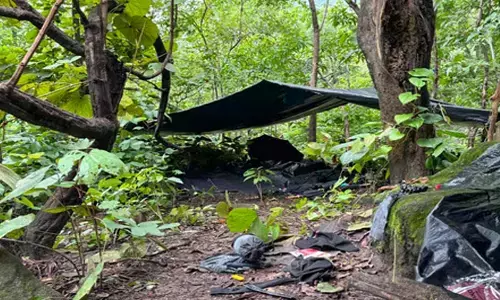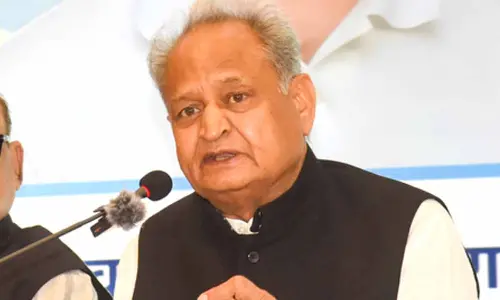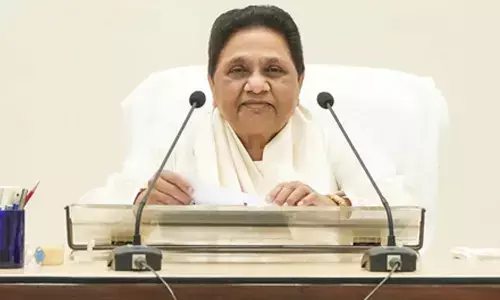Scotch rumours and curb misinformation on web

India is one of the few countries in the world to fall prey to viral messages leading to lynching incidents in recent times At least 29 persons have so far been lynched in the country so far since May The Centre has asked WhatsApp to act immediately and has advised it to take necessary remedial measures to prevent proliferation of fake messages
India is one of the few countries in the world to fall prey to viral messages leading to lynching incidents in recent times. At least 29 persons have so far been lynched in the country so far since May. The Centre has asked WhatsApp to act immediately and has advised it to take necessary remedial measures to prevent proliferation of fake messages.
Fake videos and rumours of child-lifting circulated via WhatsApp have triggered lynchings in at least eight States. In a classic act of shooting the messenger, the government has officially warned WhatsApp, after the murders. Police in Telangana has warned people not to believe in the rumours just as the Tamil Nadu police. In Assam, Karnataka and UP too police have urged people not to do so.
The government has also called on social media companies to work closely with it to ensure their platforms are not used to harm people. The government's misguided approach exposes lack of understanding of how modern messaging tools work and the government's failure to address the larger issues at play, since India appears to be the only country in the world to fall prey to viral messages leading to lynching incidents in recent times.
With more than one billion active mobile phone connections in India and millions of Indians getting online in a very short space of time, their first point of contact to the internet is through their mobile phone as per India's telecom regulatory commission.
Mobile data has become much cheaper these days after the entry of Reliance Jio, which has disrupted the market with its competitive pricing. This has led to inundation of rural areas in particular with information and most people are unable to distinguish between the real from the unreal.
So they tend to believe whatever is messaged to them on cow smuggling, beef eating, love jihad or on other heinous crimes like rape and sexual assault. Unfortunately, more than the alleged crime, the ethnicity and religious identity that are whipped up to enrage the mobs.
With political parties too using the same for perpetuating their influence, their silence also adds to the crimes further. Consider the lynchings in Maharashtra, Tripura, West Bengal, Jharkhand, Arunachal Pradesh, Karnataka and Assam, it so emerges that it is usually the dalits, Muslims and Adivasis who are at the receiving end. WhatsApp as such does not have any mechanism to filter or check the messages being sent as it is encrypted from end to end.
From legal standpoint, platforms like WhatsApp are considered as intermediaries and thus cannot be held accountable. No doubt there are some cases of mob-violence due to racial discrimination against African and African-American tourists too. Sociologically speaking, lynching is majority's way of telling minorities that the law of the land cannot protect them.
Constitutional authorities who are entrusted to protect the rights of the people must realise that their political opportunism and compromises are pushing the country toward barbarism. Misinformation is a challenge that requires government, civil society and technology companies to work together














